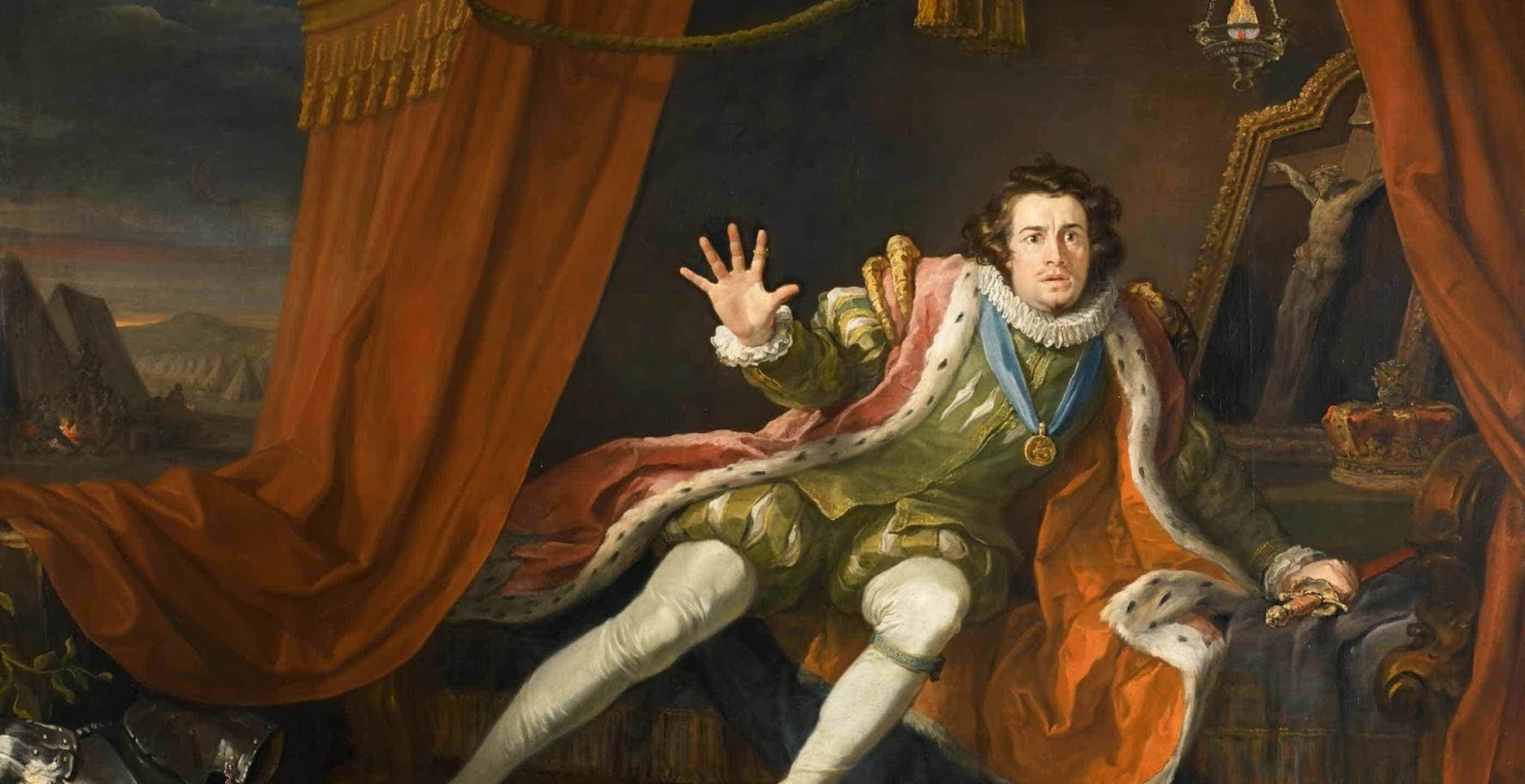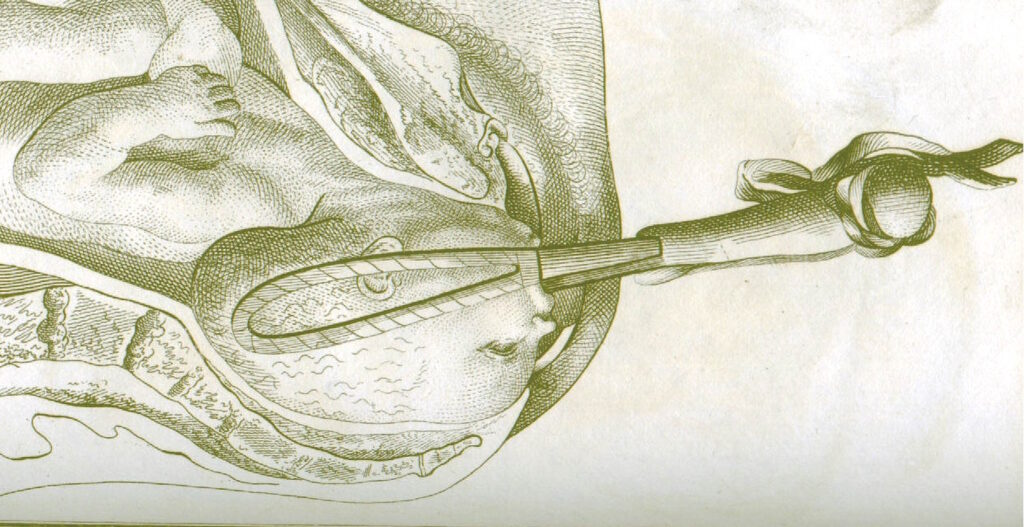Culture UK
Who are the British? Do they really drink tea, eat roast beef and Yorkshire pudding and never leave home without an umbrella? Find out more about true Brits; past and present, myth and legend, fact and fiction.
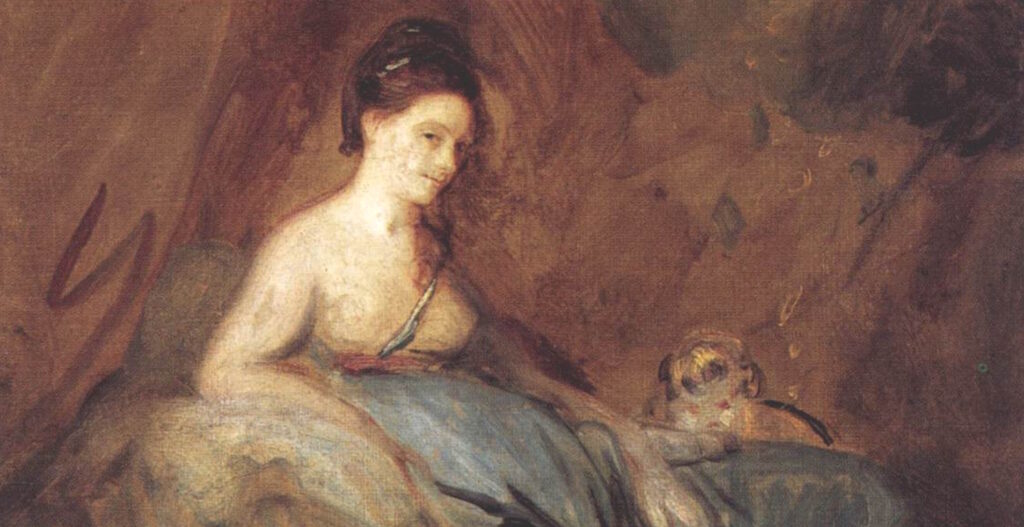
Kitty Fisher and Joshua Reynolds
The Courtesan & The Painter: Kitty Fisher and Joshua Reynolds. An unusual bond developed between Kitty, a famous 18th century courtesan and Sir Joshua Reynolds, celebrated painter, a bond that embodied the complexities of Georgian power, sexuality and artistic inspiration.
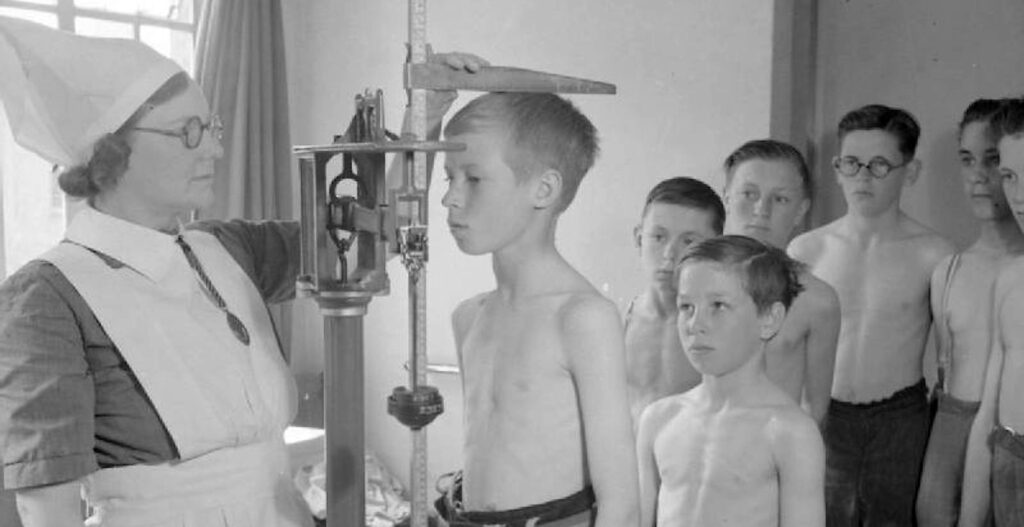
Whatever happened to the nit nurse – A history of the School Medical Service in England from 1908
Certain memories still cause shudders in the post-Second World War generation of British schoolchildren. School dinner tapioca with a blob of jam in it. Being forced to perform gymnastics in the school hall in vest and pants. And then there was the regular visit of the medical specialist known as the Nit Nurse…
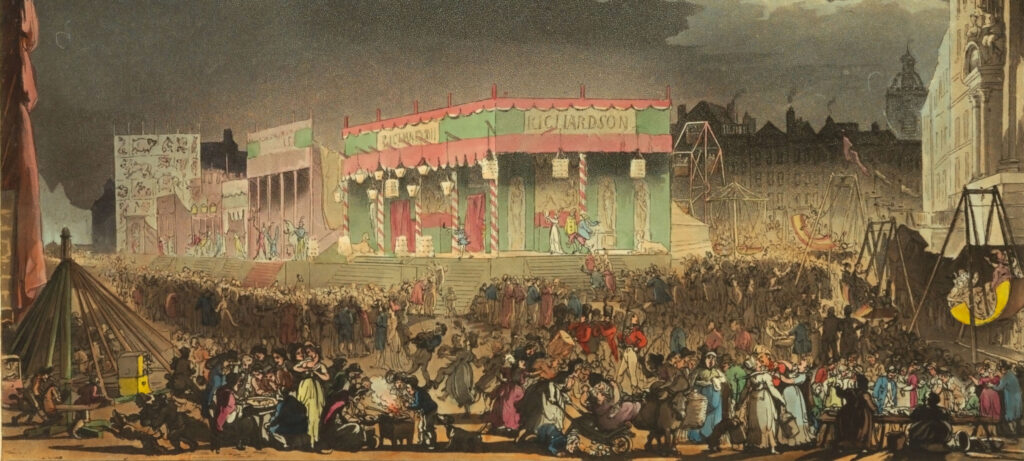
Bartholomew Fair
St Bartholomew can be credited with leaving a great legacy to London: a fair where visitors could overindulge and get into fights, a hospital to patch them up, and the Priory of St Bartholomew to pray for their souls…

Twelth Night Cake – A History
As the sun sets on 5th January, Twelfth Night arrives, marking the last day of Christmastide. In times past, this was the time for presents, revelry, merriment and feasting. At the centre of the celebrations was the Twelth Night Cake…
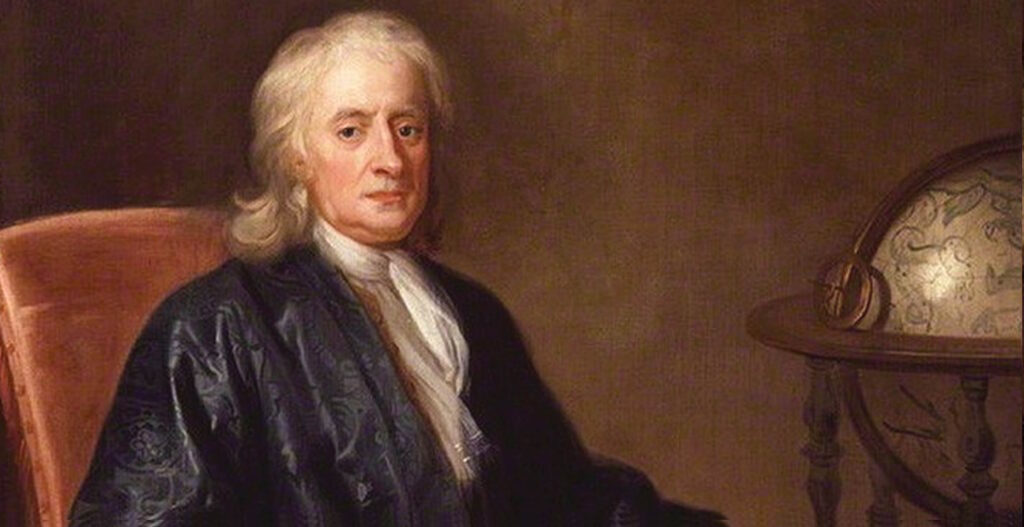
Sir Isaac Newton
“Sir Isaac Newton told us why an apple falls down from the sky, and from this fact it is very plain, all other objects do the same”.
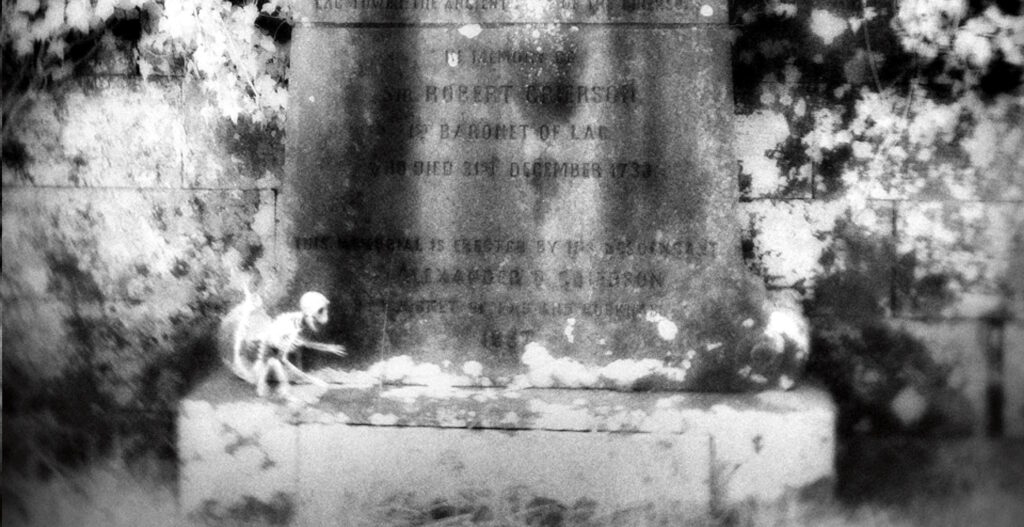
Grierson of Lag
Scotland is a land of myths, ghosts, kelpies, spirits and the supernatural, The story of Robert Grierson of Lag, the 1st Baronet of Lag is one of the eeriest such tales. Robert Grierson is best known for his brutal treatment of the Presbyterian Scots of southwest Scotland during the “Killing Times” at the end of the seventeenth century…
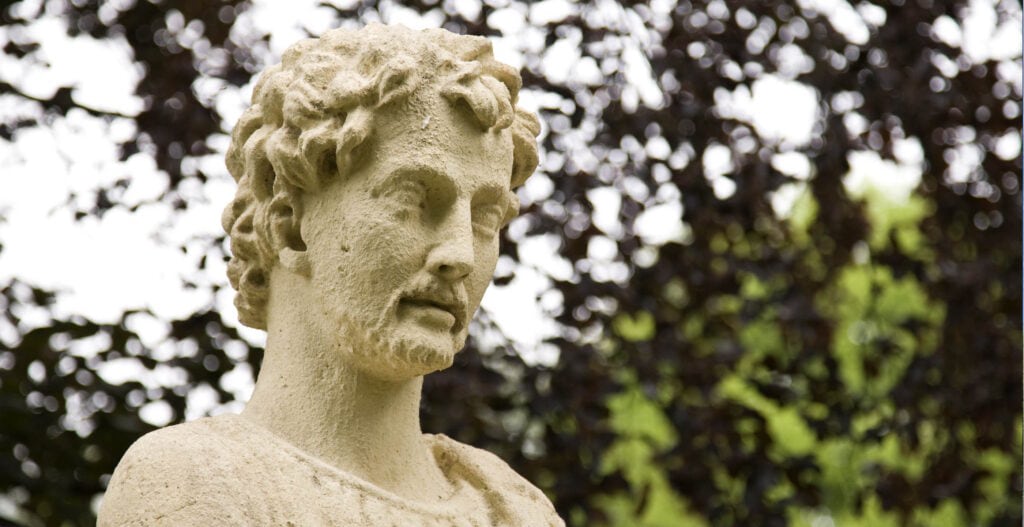
Bath, The Prince and The Pig
The story of the Prince and the Pig is the story of a young prince named Bladud. Falling ill with leprosy during a trip to Greece, Bladud returned to England and working as a swineherd during which time he discovered a spring, the healing waters of which cured his leprosy. In gratitude, Bladud founded the town of Bath in 836BC/BCE…
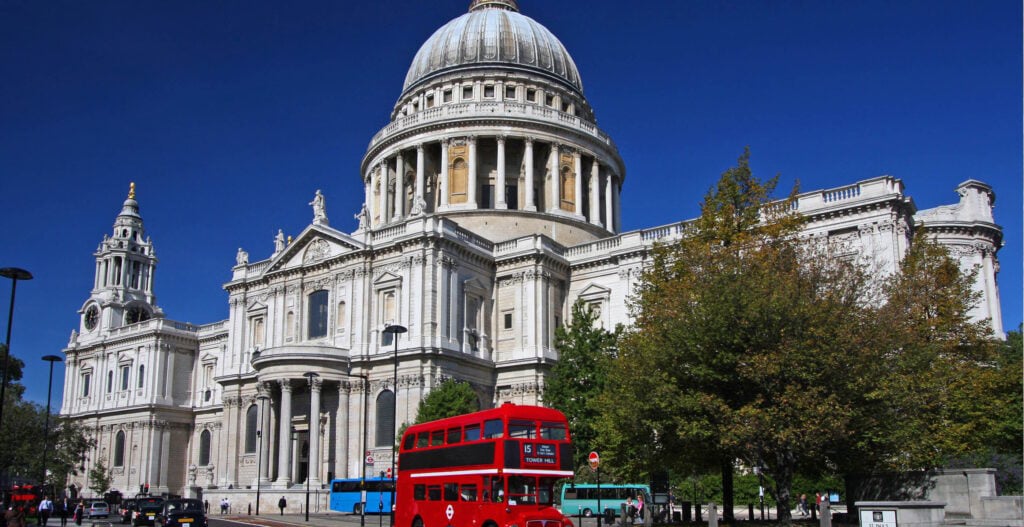
Sir Christopher Wren
Sir Christopher Wren is perhaps most famous for the buildings he designed after the Great Fire of London, including the iconic St Paul’s Cathedral.
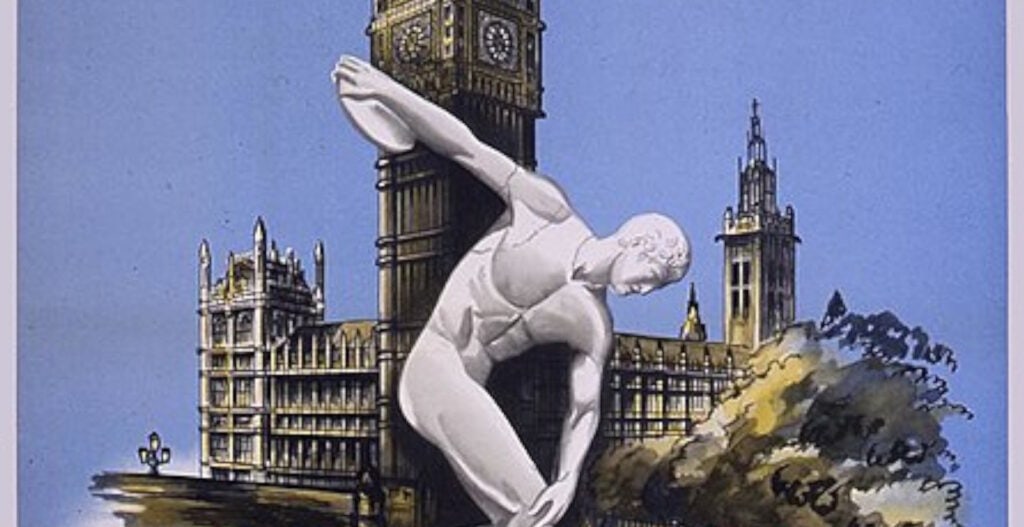
London 1948: the Austerity Olympics
The 1948 London Olympic Games became known as the “Austerity Olympics”. No one tried to hide the fact the games would be delivered on a shoe-string budget. They embraced it enthusiastically and with pride. All participating British athletes even had to provide their own shorts…
